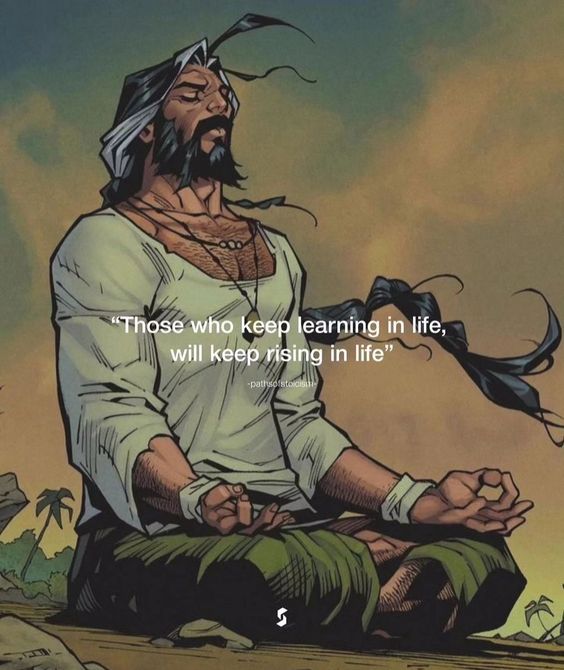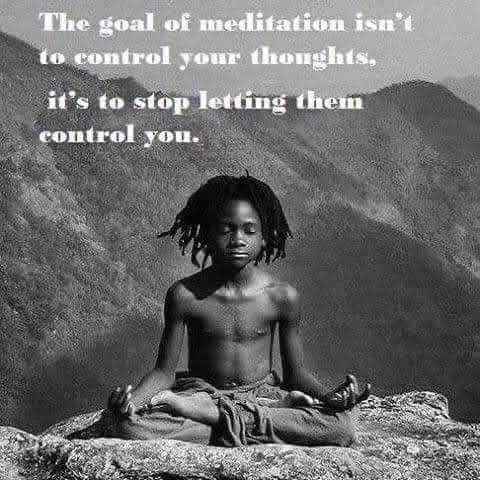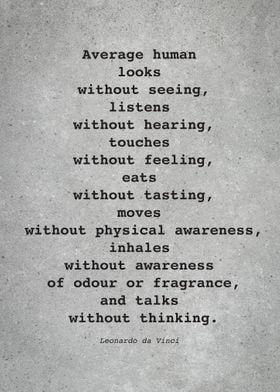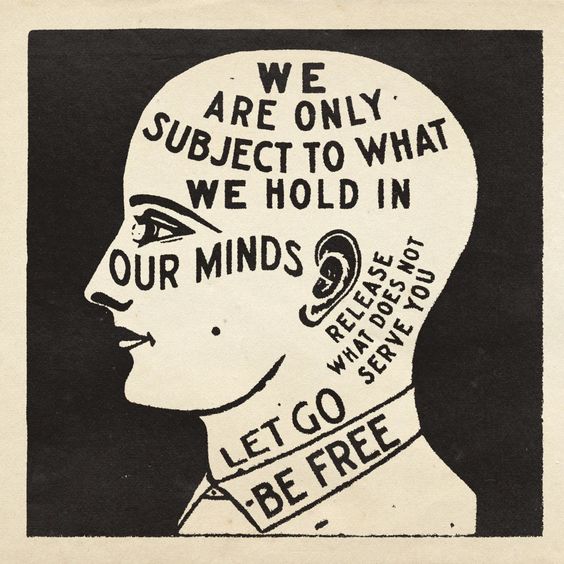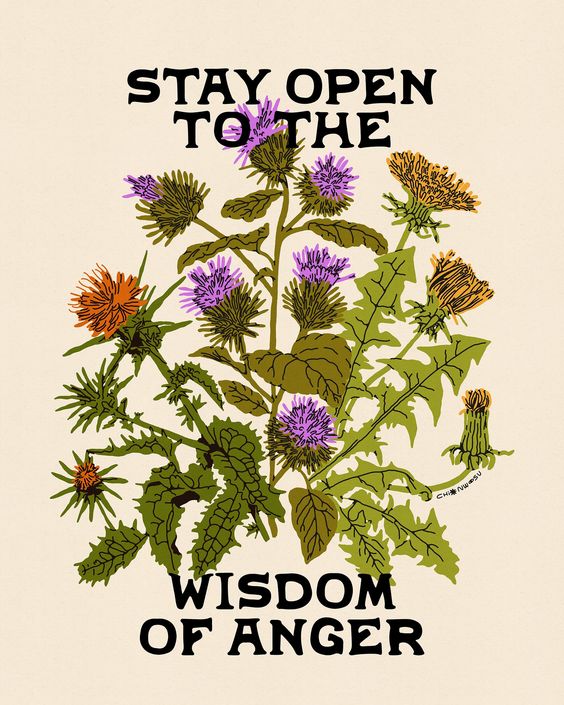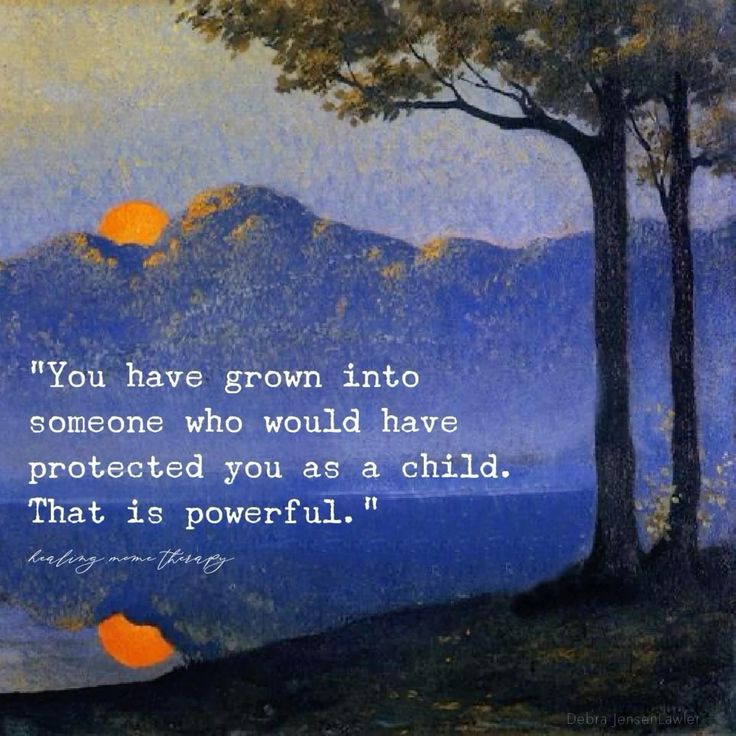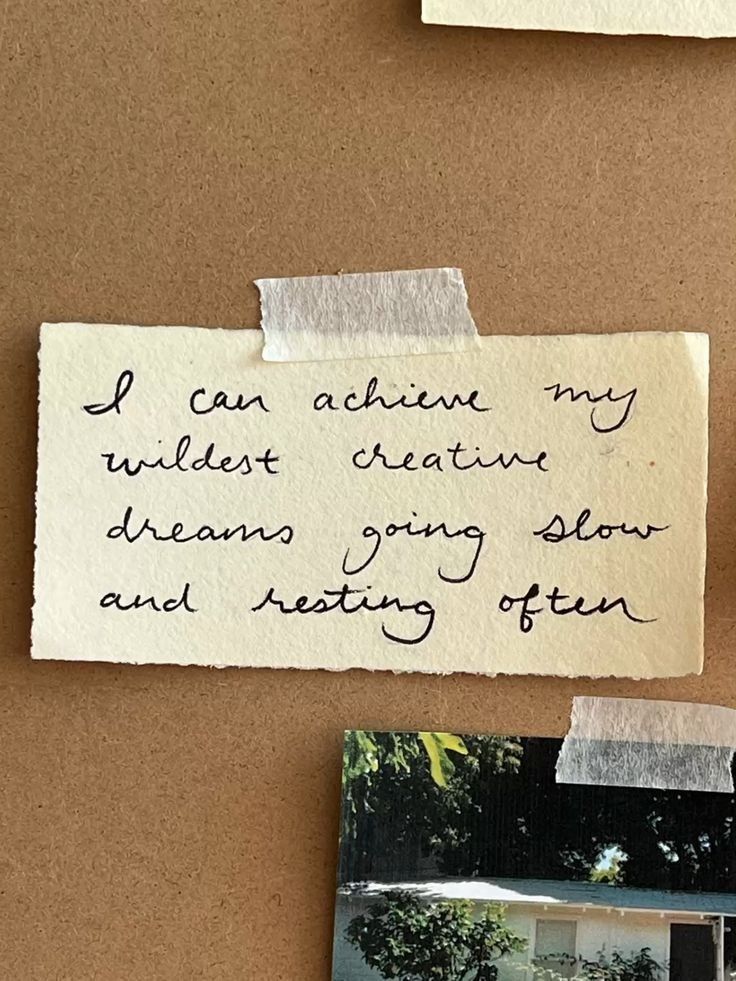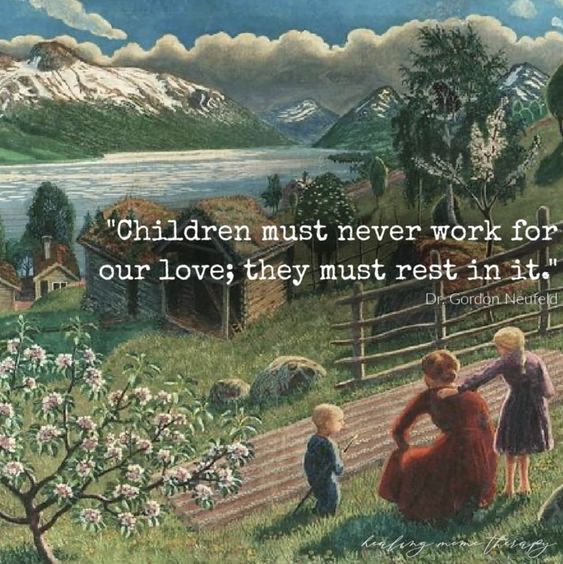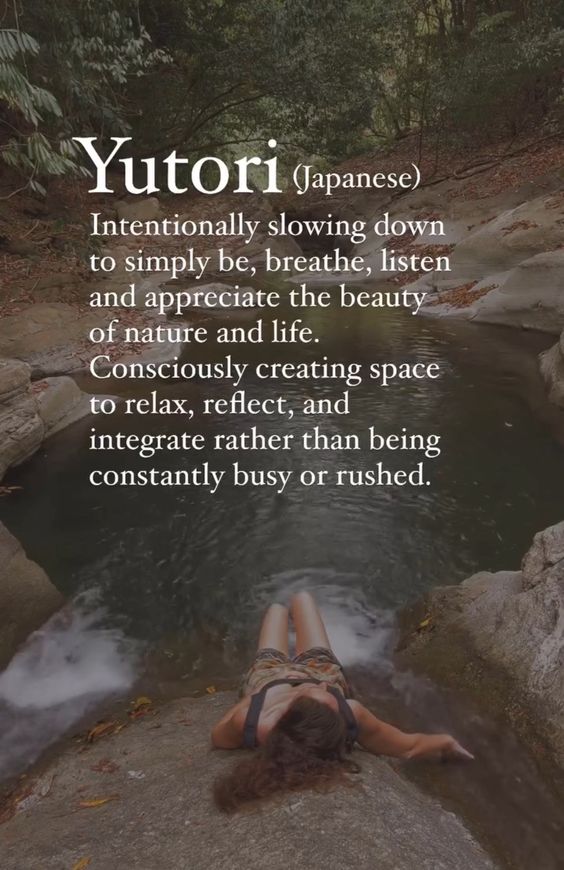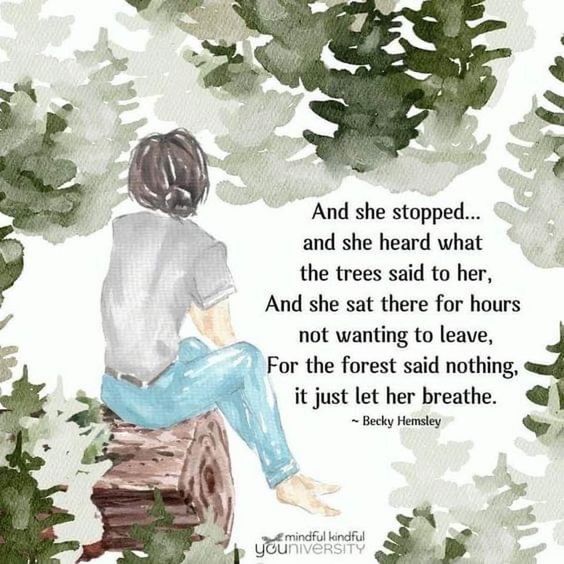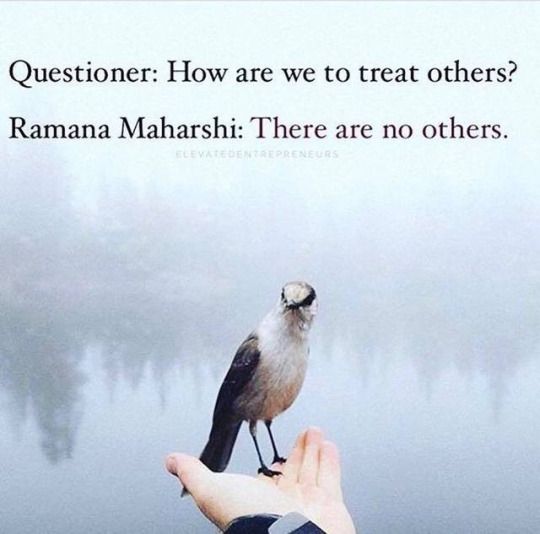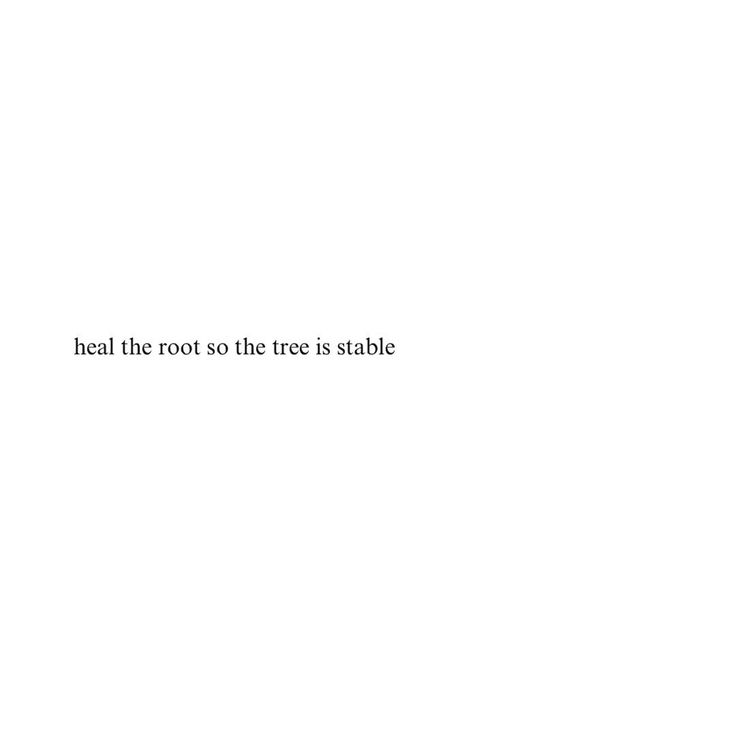“I just lost my wife of 60 years and it’s sort of devastating, but there was a Marcus Aurelius quote that really lifted me, which was that if you lose a loved one, honor her. In a sense, try to be more like her and then she’ll live on in your actions. My wife was very good—if someone was alone or sick or something, she’d call them up and be comforting to them. And I’m not like that, you know? So I started to do that. People that I know, some guys my age who have no grandchildren, I call them up and say, Hey, how are you? And they are so pleased and so kind. And that’s how I keep my wife in my life.”
Francis Ford Coppola
“If you protect yourself your whole life and nobody is allowed near you, what is the point of your being alive? You will be dead before you are dead. You will not have lived at all. It would be as if you had never existed, because there is no other life than relationship. So the risk has to be taken.”
Osho, Everyday Osho (Page 302)
“Buddhism is one of the most beautiful approaches—but it is incomplete. Something is missing. It has no mysticism in it, no poetry, no romance; it is almost bare mathematics, a geometry of the soul but not a poetry of the soul. And unless you can dance, never be satisfied. Be silent, but use your silence as an approach toward blissfulness. Do a few dancing meditations, singing meditations, music, so at the same time, your capacity to enjoy, your capacity to be joyful also increases.”
Osho, Everyday Osho (Page 303)
“Love is the earth where one needs to be rooted. Just as trees are rooted in the earth, human beings are rooted in love. Our roots are invisible, so anything visible is not going to help. Money is very visible, a house is very visible, social status is very visible. But we are trees with invisible roots. You will have to find some invisible earth—call it love, call it godliness, call it prayer—but it is going to be something like that, something invisible, intangible, elusive, mysterious. You cannot catch hold of it. On the contrary, you will have to allow it to catch hold of you.”
Osho, Everyday Osho (Page 299)
“History is concerned with the past. It is concerned with the dead. It is concerned with that which is no more. The whole concern should be with that which is right now, this very moment. Don’t only forget history, but forget your biography also, and each morning start your day as if it were completely new, as if you have never existed before. That’s what meditation is all about: to start each moment anew, fresh like dew, not knowing anything of the past. When you don’t know anything of the past and you don’t carry anything of it, you don’t project any future. You have nothing to project. When the past disappears, the future also disappears. They are joined together. Then pure present is lift. that is pure eternity.”
Osho, Everyday Osho (Page 298)
“Wabi-sabi is a Japanese concept that shows us the beauty of the fleeting, changeable, and imperfect nature of the world around us. Instead of searching for beauty in perfection, we should look for it in things that are flawed, incomplete. This is why the Japanese palce such value, for example, on an irregular or cracked teacup. Only things that are imperfect, incomplete, and ephemeral can truly be beautiful, because only those things resemble the natural world.”
Héctor García and Francesc Miralles, Ikigai (Page 172)
“To enjoy anything one needs a very relaxed attitude. To enjoy life one needs eternity. How can you enjoy when death is going to come so soon? One tries to enjoy as much as one can, but in that very effort all peace is lost, and without peace there is no enjoyment. Delight is possible only when you are savoring things very slowly. When you have enough time to waste, only then only is delight possible. The Eastern concept of reincarnation is beautiful. Whether or not it is true is not the point. It gives you a very relaxed attitude toward life. That is the real thing. I am not worried about metaphysics. It may be true, it may not be true; that’s not the point at all. To me it is irrelevant. But it gives you a beautiful background.”
Osho, Everyday Osho (Page 297)
